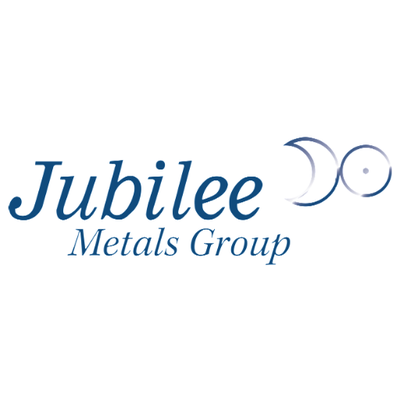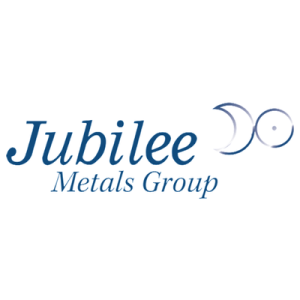Copper, a reddish-gold metal known for its high thermal and electrical conductivity, has been an essential material for human civilisation for thousands of years. Its benefits and uses are diverse, spanning various industries and everyday applications.
One of the primary advantages of copper is its excellent conductivity. This makes it an indispensable component in electrical wiring and electronics. Its ability to efficiently conduct electricity with minimal resistance ensures that it remains a preferred choice for power transmission and distribution. Copper is also used in the production of electrical connectors, circuit boards, and various types of electronic devices, contributing to the reliability and efficiency of modern technology.
Copper’s thermal conductivity is equally impressive. It is used in heating and cooling systems, including radiators, heat exchangers, and air conditioning units. The metal’s ability to quickly transfer heat makes it ideal for applications where temperature regulation is crucial. This property is particularly beneficial in industries such as HVAC, where maintaining optimal temperatures is essential for both comfort and operational efficiency.
In addition to its conductive properties, copper is highly durable and resistant to corrosion. These qualities make it suitable for plumbing and piping systems. Copper pipes are widely used in residential, commercial, and industrial settings due to their longevity and ability to withstand various environmental conditions. The metal’s resistance to corrosion ensures that it remains a reliable and safe material for transporting water and other fluids.
Copper also plays a significant role in the construction industry. Its malleability and aesthetic appeal make it a popular choice for architectural features such as roofing, cladding, and decorative elements. Copper’s natural patina, which develops over time, adds character and visual interest to buildings, enhancing their overall design and durability.
The medical field benefits from copper’s antimicrobial properties. Copper surfaces can reduce the spread of harmful bacteria and viruses, making it an excellent material for use in hospitals, clinics, and other healthcare facilities. Copper-infused products, such as bedrails, doorknobs, and work surfaces, help create a more hygienic environment, contributing to the prevention of infections.
Copper’s role in renewable energy cannot be overlooked. It is a critical component in the manufacturing of solar panels, wind turbines, and electric vehicles. The metal’s efficiency in conducting electricity and heat makes it essential for the generation and transmission of renewable energy. As the world moves towards more sustainable energy sources, the demand for copper is expected to grow, further highlighting its importance in the green energy sector.
In agriculture, copper compounds are used as a fungicide and a nutritional supplement. These compounds help protect crops from diseases and improve soil health, leading to better yields and more sustainable farming practices. Copper’s role in agriculture underscores its versatility and the wide range of benefits it offers across different sectors.
Recycling copper is another significant advantage, as it is a sustainable and eco-friendly practice. Copper can be recycled multiple times without losing its properties, reducing the need for mining and conserving natural resources. The recycling process also consumes less energy compared to the extraction and refining of new copper, making it an environmentally responsible choice.
Copper’s diverse applications and numerous benefits make it an invaluable material in modern society. Its superior conductivity, durability, antimicrobial properties, and recyclability ensure that it continues to play a crucial role in various industries and everyday life. As technological advancements and environmental considerations drive innovation, copper’s significance and utility are likely to increase, cementing its place as a cornerstone of industrial and technological progress.
Copper’s unique properties and versatility make it an essential material across a broad spectrum of applications. From electrical wiring to medical uses, its benefits are numerous and far-reaching. As the world continues to advance and seek sustainable solutions, copper will remain a vital component in shaping a better, more efficient future.
Jubilee Metals Group plc (LON:JLP) is a diversified metal recovery business with a world-class portfolio of projects in South Africa and Zambia. The Company’s expanding multi-project portfolio across South Africa and Zambia provides exposure to a broad commodity basket including Platinum Group Metals, chrome, lead, zinc, vanadium, copper and cobalt.


